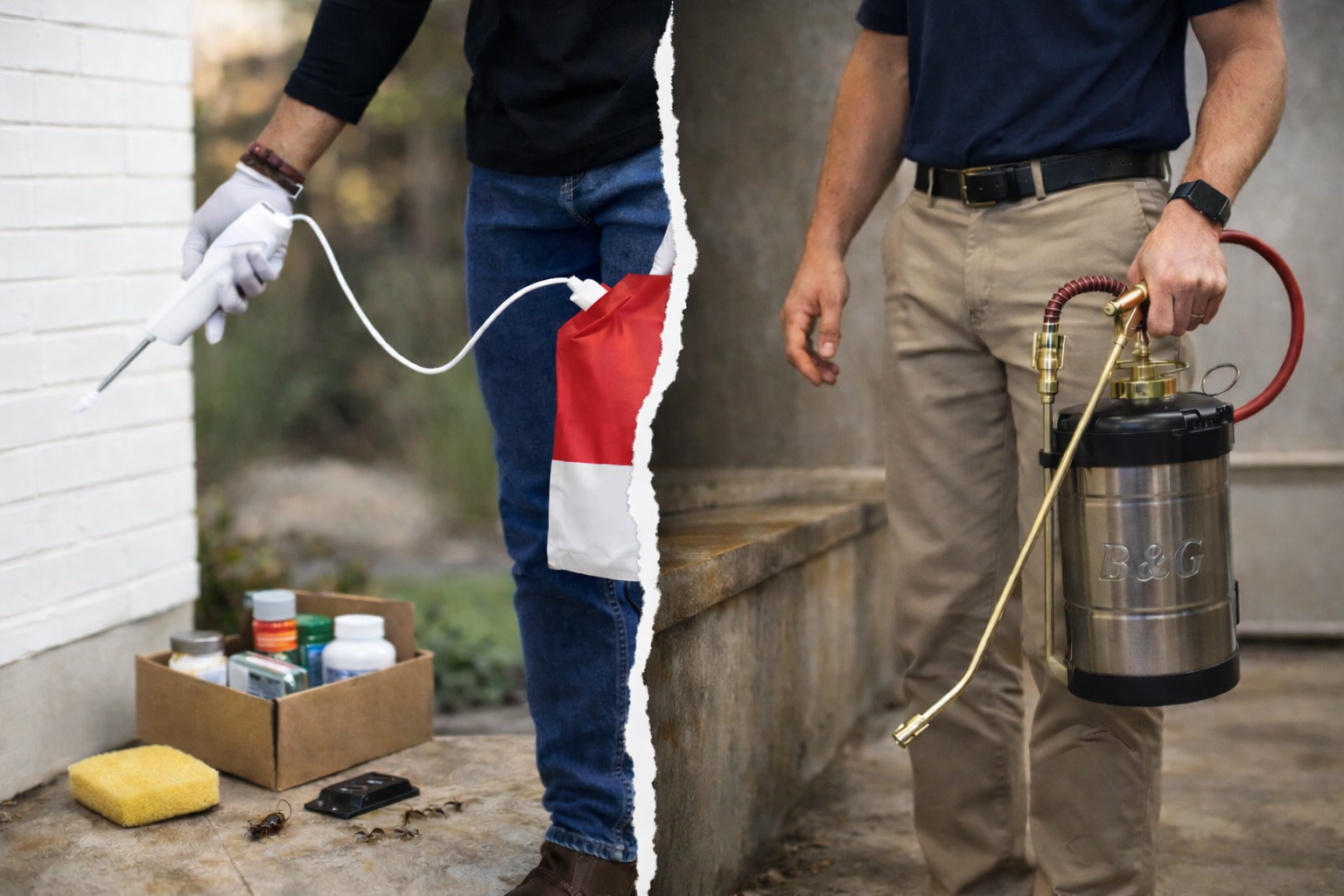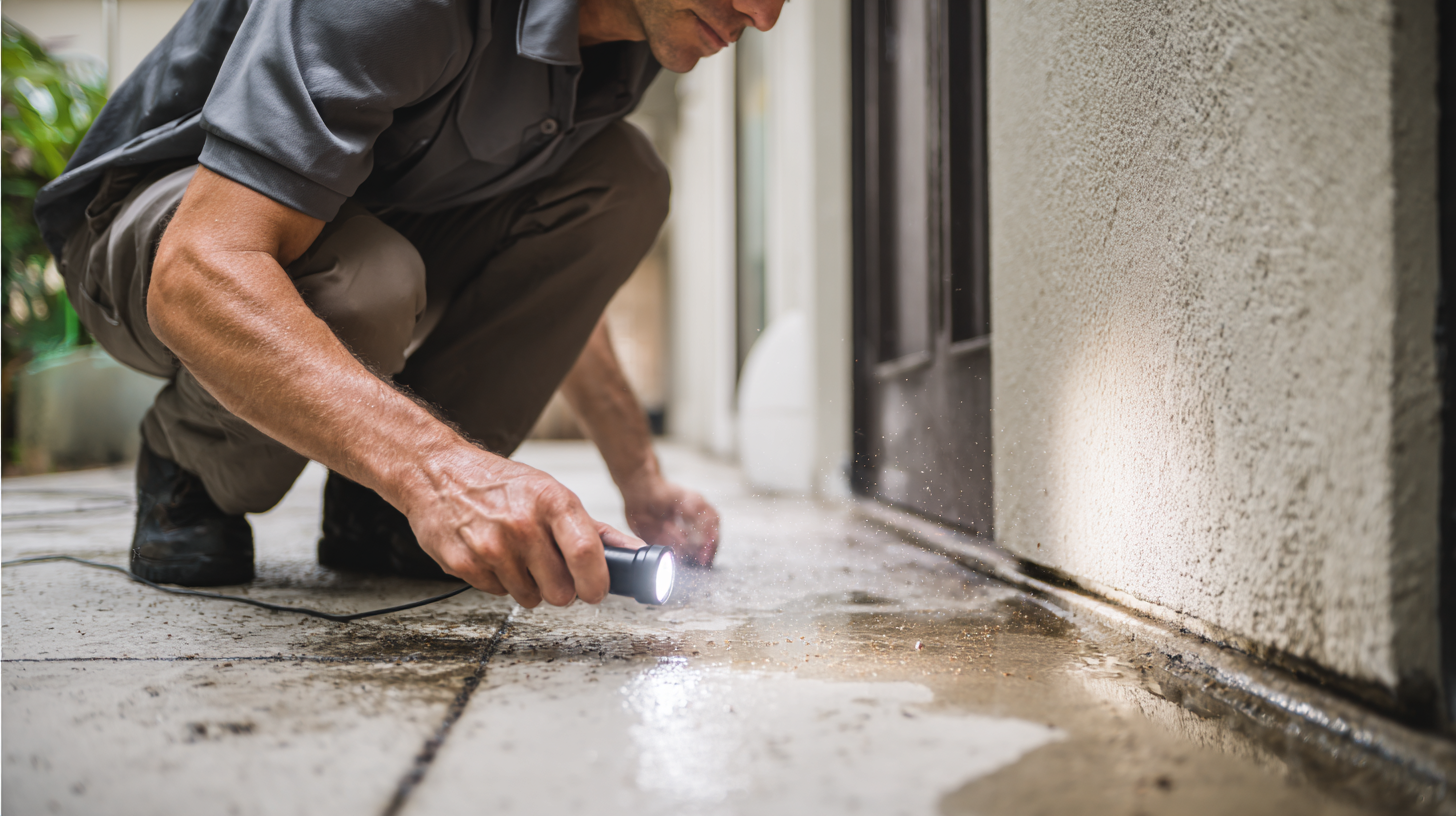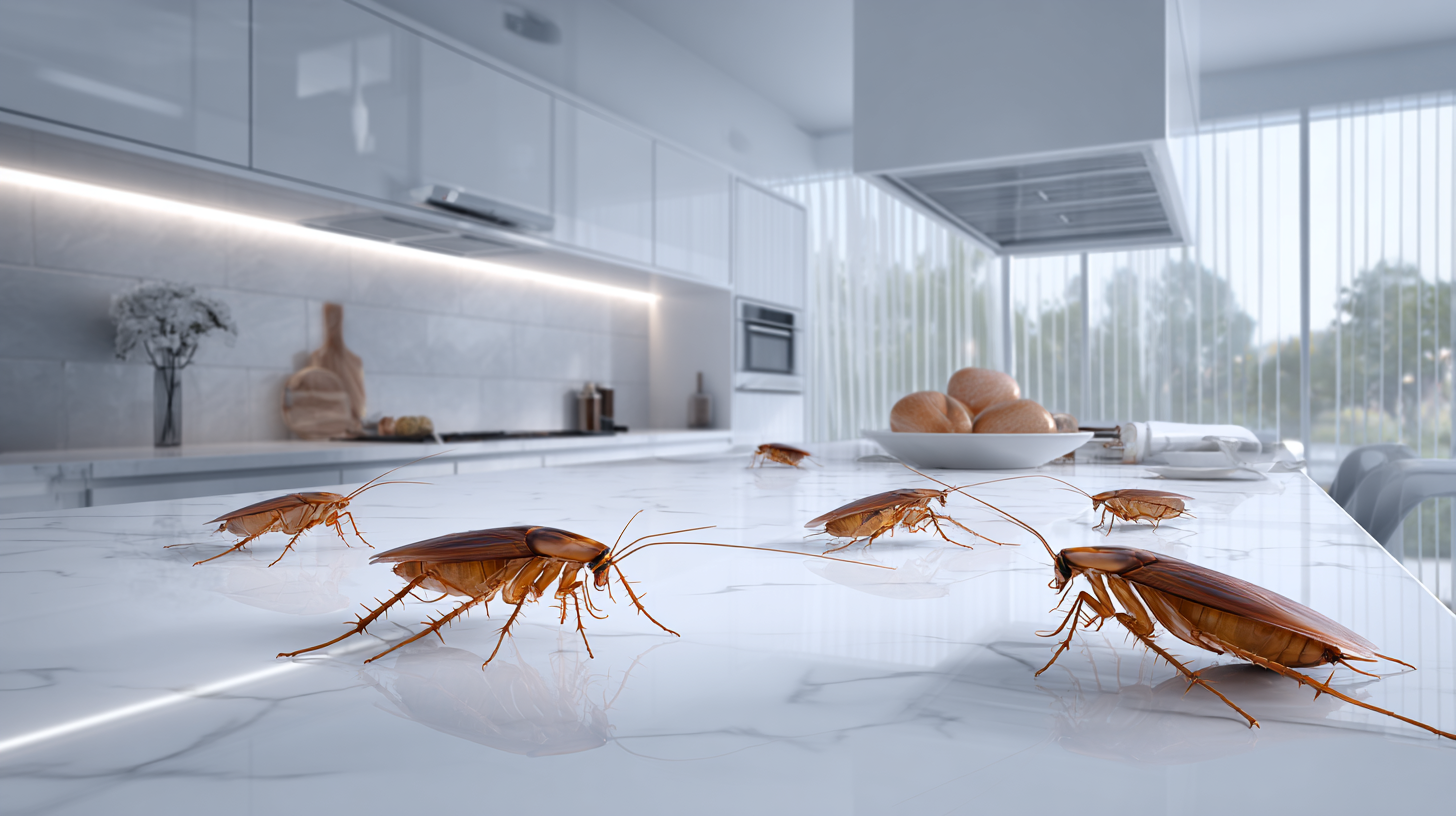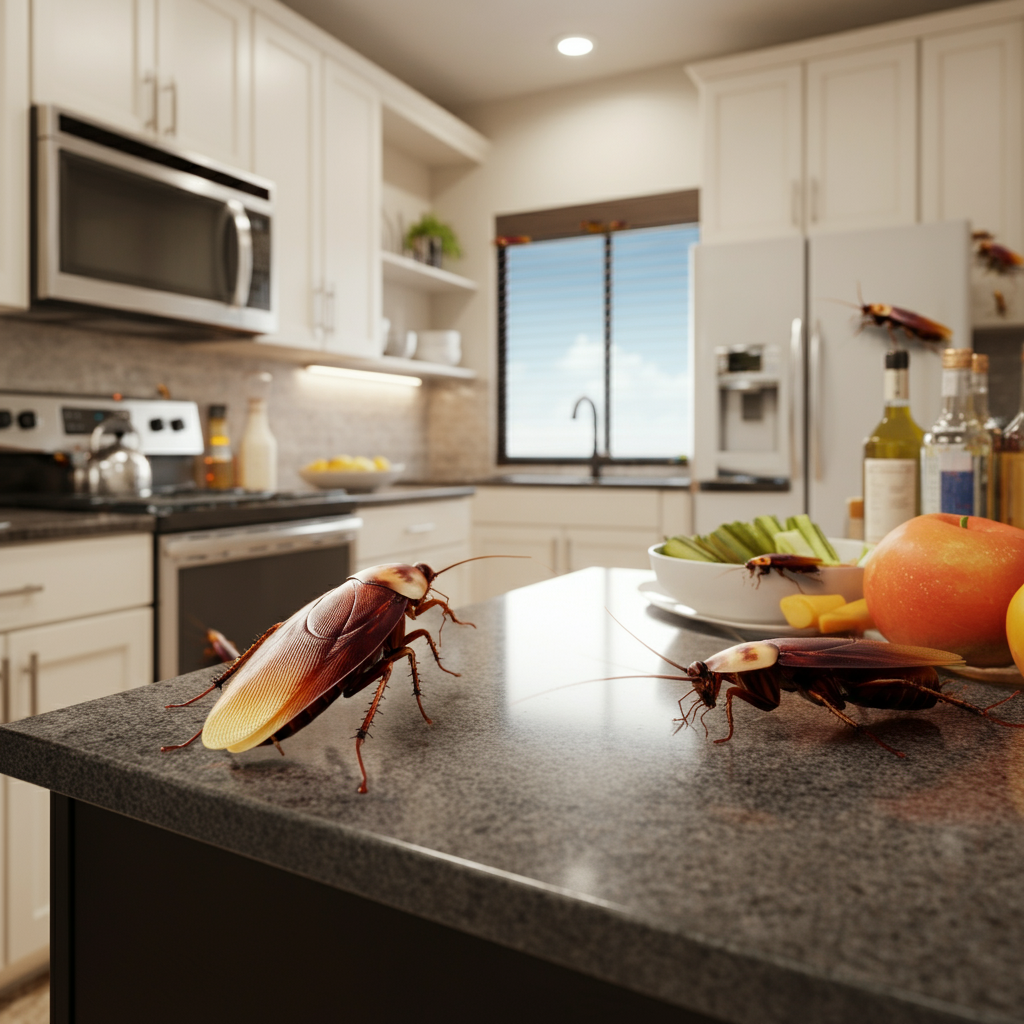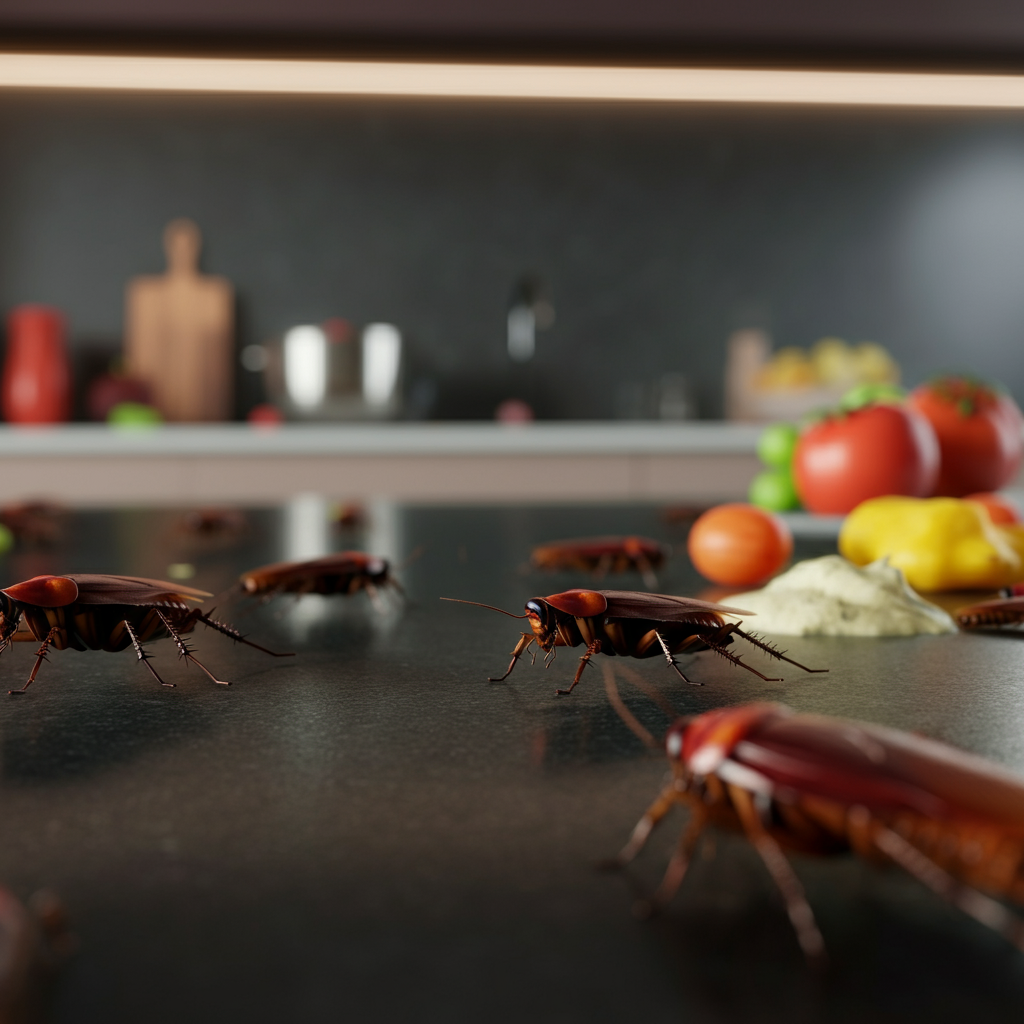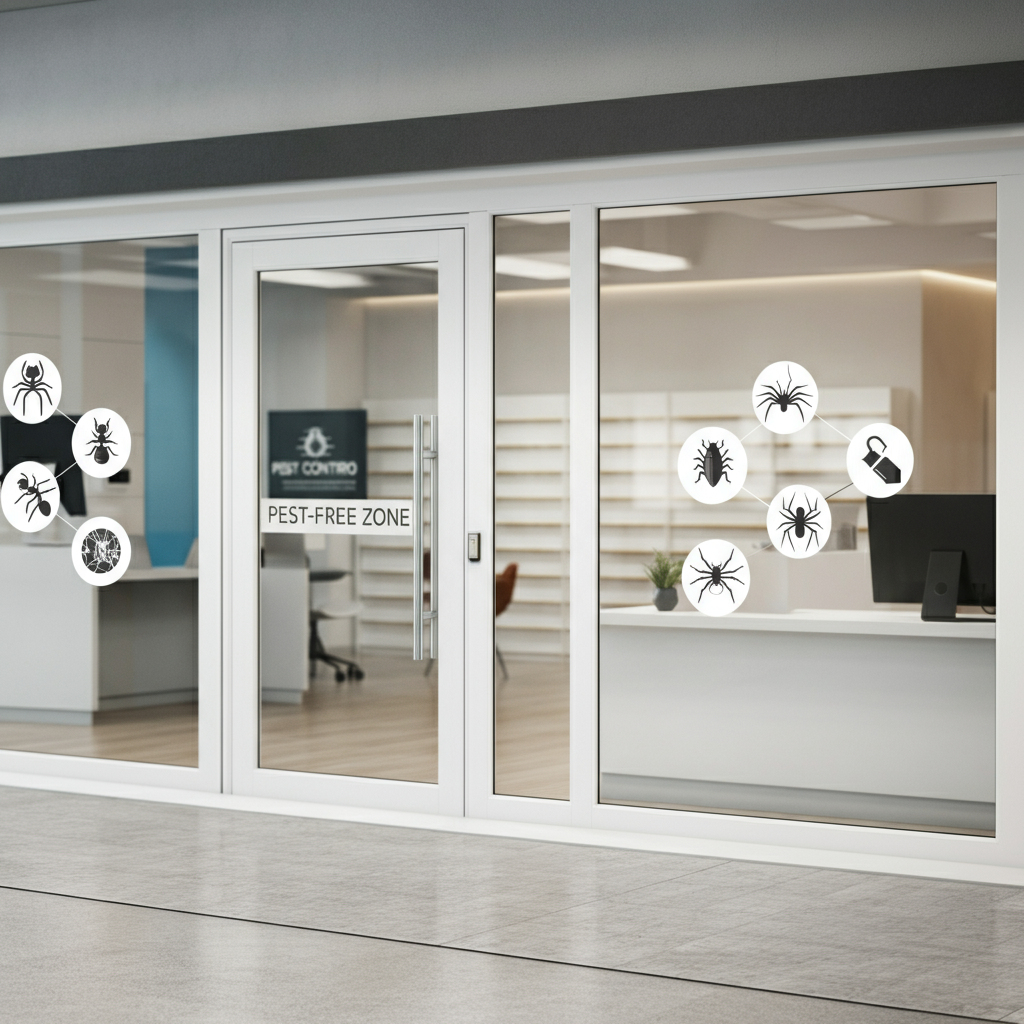Pest Control for Your Home: Know the Basics
If you're like most homeowners, you probably don't think about pest control until you start seeing bugs or rodents scurrying around your house. And by then, it might be too late! Pest control is something that should be on your radar year-round, not just when there's an infestation. So to help get you started, here are a few basics to keep in mind.
Pests can cause a lot of problems for homeowners. They can infest your home, contaminate food and make you sick. To avoid this, it is crucial to know the basics of
pest control
and how to get rid of pests in your home.
Types of pests and how they can invade your home
Rodents
Rats and mice can enter your home through tiny openings in search of food or shelter. Once they're inside, they can cause a lot of damage by chewing on wires and furniture. They can also spread diseases like rat-bite fever, salmonella, and leptospirosis.Cockroaches
Cockroaches are attracted to dirty areas and will infest your kitchen pantry or bathroom cabinets. They can contaminate food with their droppings and spread bacteria like E. coli.Ants
Ants are very common in both homes and businesses. They can contaminate food, damage property, and cause allergic reactions. Spiders
While most spiders aren't harmful, there are a few species that can bite humans and pets. They often enter homes through cracks and crevices in the walls or windows. Signs that you have a pest problem
Rodents
Rodent droppings and urine are the most effective indicators of a rodent infestation. Rodents leave behind traces of their activity in your property or company, including pathways with footprints and waste products like chewed wiring or ravaged foodstuffs with missing entrails!Cockroaches
Cockroach droppings are a sure sign that you have an infestation. These pests will eat pretty much anything and leave behind something resembling coffee grounds or pepper, but they're less than 1mm wide so it's difficult to spot if your not looking for them! In addition, cockroaches tend to produce streaks on walls where their activity is most prevalent- these markings can often be found in areas with more greasy surfaces like kitchen cabinets.Ants
Anthills can be easily identified by the piles of dirt that they create. You might also see ants marching along your walls or floors. Ants are tiny creatures that live in colonies. They don't have much of an odor but you can find their paths and trails because they leave behind a scent trail for other ants to follow! If your home has been infested with these pesky critters, there may be noticeable signs like anthills or nests--though often hidden from view unless one is looking specifically for them (ants love building little mounds).Spiders
The best way to tell if you have a spider infestation is by looking for their webs. Webs are often found in dark, secluded areas like corners of ceilings and walls. You might also find spiders crawling around your house or lurking in your bedsheets! How to get rid of pests using DIY methods
Rodents
One way to deter rodents from entering your home is by eliminating any holes or gaps in the exterior walls/floors- they're most likely looking for places where they can enter your property! Rodents can also be repelled by using pepper or any other spicy items that they don't like to eat. You could even try placing some mint leaves around your home if the smell of it discourages them from entering!Cockroaches
If you have a cockroach infestation, make sure you clean up after every meal and throw away any food that's been left out. You should also seal up any cracks or crevices in your walls and get a dehumidifier to reduce the amount of moisture in the air, as cockroaches love humidity!Ants
To keep ants away from your home, you can try using some vinegar or lemon juice to spray along the cracks and crevices in your home that ants often use as entryways. You can also seal up any holes or gaps with caulk to keep them out!Spiders
The best way to keep spiders out of your home is by using screens on doors and windows and caulking any cracks or holes. You can also try using peppermint oil as a natural repellent. When to hire a professional exterminator
They will be able to assess the level and type of infestation and set out a plan to eradicate the pests from your home. An exterminator should also work with you to assess the costs, procedures, and preventions as well as the health risks associated with that particular infestation.
A good exterminator should also be able to give you advice regarding best practices for preventing future pest outbreaks!
Conclusion
When it comes to getting rid of pests, it's best to call in a professional exterminator . Our team is committed to providing thorough service for each customer we serve, no matter how big or small their needs may be. From ants to rodents, we have the tools and expertise needed to keep pests out of your home. Call Professional Pestguard today at (954) 389-6107 or request your free quote online for the best ant exterminator . Let us know what pest problems you’re having, and we’ll provide you with the solution.



